Zhenya and Boris are going through a vicious divorce marked by resentment, frustration and recriminations. Already embarking on new lives, each with a new partner, they are impatient to start […]
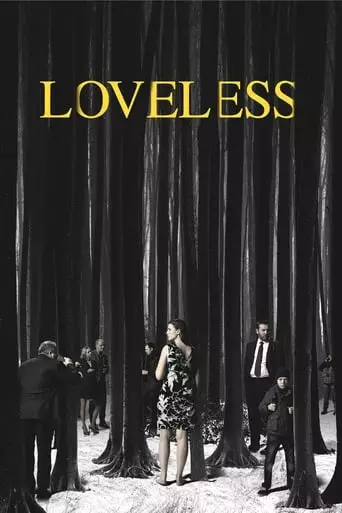
Zhenya and Boris are going through a vicious divorce marked by resentment, frustration and recriminations. Already embarking on new lives, each with a new partner, they are impatient to start […]
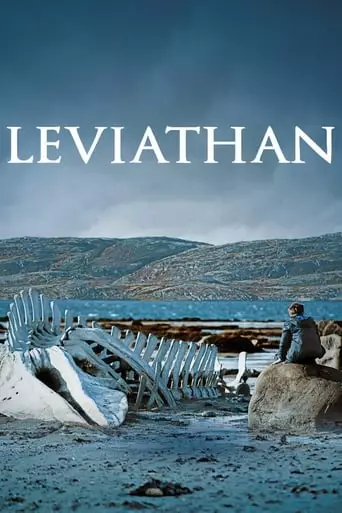
In a Russian coastal town, Kolya is forced to fight the corrupt mayor when he is told that his house will be demolished. He recruits a lawyer friend to help, […]
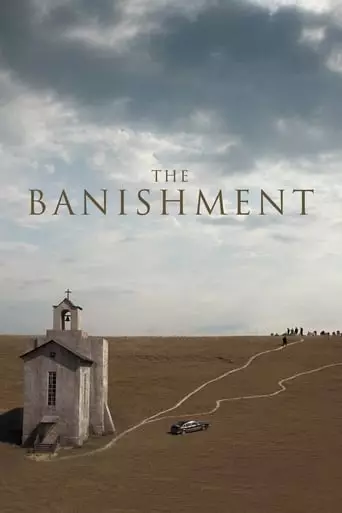
While vacationing in the countryside at his childhood home, a woman suddenly reveals to her husband that she is expecting a child – but not his. Directed by Andrey Zvyagintsev, […]
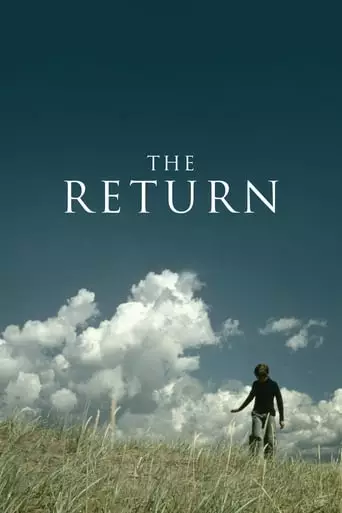
The relationships among two pre-pubescent brothers and their estranged father are tested on a trip into the Russian wilderness. Directed by Andrey Zvyagintsev, The Return is a Russian drama that […]
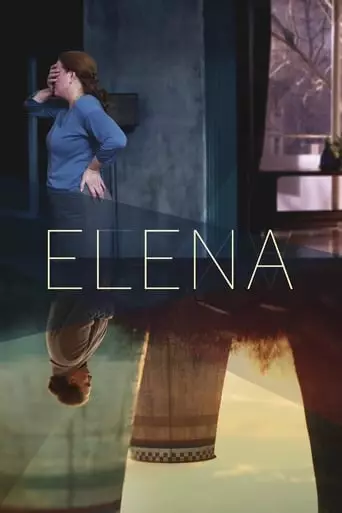
Elena is a woman of a certain age, living in a chic Moscow apartment with her wealthy businessman husband Vladimir. While Vladimir is estranged from his daughter, he does not […]
Andrey Zvyagintsev: The Chronicler of Modern Russia’s Soul
Andrey Zvyagintsev is one of contemporary cinema’s most acclaimed directors, celebrated for his profound explorations of human relationships, societal decay, and the moral dilemmas of modern life. Hailing from Russia, Zvyagintsev has become a defining voice in world cinema, with films like The Return (2003), Leviathan (2014), and Loveless (2017) earning critical acclaim for their emotional depth and stark, poetic visuals. His work offers a piercing critique of Russian society while exploring universal themes of loss, corruption, and resilience.
Early Life and Career Beginnings
Andrey Zvyagintsev was born on February 6, 1964, in Novosibirsk, Siberia, USSR. Initially aspiring to become an actor, he graduated from the Russian Academy of Theatre Arts (GITIS) in Moscow in 1990. After working as a theater and television actor, Zvyagintsev transitioned to directing in the late 1990s, beginning with short films and television projects.
His early work in television, particularly directing episodes for the series The Black Room, showcased his growing interest in visual storytelling and thematic complexity. This period laid the foundation for his transition to feature filmmaking.
Breakthrough: The Return (2003)
Zvyagintsev’s directorial debut, The Return (Vozvrashchenie), marked a stunning entry into the world of cinema. The film tells the story of two brothers whose estranged father suddenly returns, taking them on a journey that becomes both a physical and emotional odyssey. The Return won the Golden Lion at the Venice Film Festival and catapulted Zvyagintsev to international prominence.
The film’s haunting cinematography, deliberate pacing, and allegorical depth drew comparisons to the works of Andrei Tarkovsky. Its exploration of fatherhood, authority, and the fragility of familial bonds resonated deeply with audiences, establishing Zvyagintsev as a filmmaker with a unique voice.
Thematic Evolution: The Banishment and Elena
Zvyagintsev’s sophomore effort, The Banishment (Izgnanie, 2007), continued his exploration of familial and existential themes. Adapted from a novel by William Saroyan, the film delves into the disintegration of a family against a backdrop of moral ambiguity and emotional repression. While less universally acclaimed than The Return, The Banishment showcased Zvyagintsev’s evolving style and his ability to craft visually stunning, emotionally intense narratives.
In 2011, Zvyagintsev released Elena, a stark, suspenseful drama about class, morality, and familial loyalty in contemporary Russia. The story of a middle-aged woman navigating the tensions between her wealthy husband and her struggling son offered a biting critique of social inequality. Elena won the Un Certain Regard Special Jury Prize at the Cannes Film Festival, further cementing Zvyagintsev’s reputation as a filmmaker unafraid to confront uncomfortable truths.
International Acclaim: Leviathan (2014)
Zvyagintsev’s most celebrated work, Leviathan, is a sprawling drama that examines corruption, power, and human suffering in modern Russia. The film follows Kolya, a mechanic in a small coastal town, as he battles a corrupt mayor intent on seizing his land. Inspired by the biblical story of Job, Leviathan is both a deeply personal tragedy and a searing indictment of systemic injustice.
The film premiered at the Cannes Film Festival, where it won the Best Screenplay award, and went on to receive an Academy Award nomination for Best Foreign Language Film. Its unflinching portrayal of Russia’s political and social landscape sparked significant controversy at home, but it also solidified Zvyagintsev’s status as one of the world’s foremost auteurs.
Loveless (2017): A Portrait of Emotional Alienation
In Loveless (Nelyubov), Zvyagintsev turned his lens to the breakdown of a family and the emotional void at the heart of modern life. The film centers on a divorcing couple whose bitter conflict overshadows the disappearance of their young son. As they search for him, their indifference and self-absorption become a chilling metaphor for societal apathy.
Loveless won the Jury Prize at the Cannes Film Festival and was nominated for an Academy Award for Best Foreign Language Film. Critics praised its unrelenting emotional intensity and stark depiction of human disconnection, further cementing Zvyagintsev’s reputation as a master of psychological realism.
Themes and Style
Zvyagintsev’s films are characterized by their slow, deliberate pacing, meticulously composed visuals, and deep engagement with moral and philosophical questions. His work often explores themes of alienation, authority, and the tension between individual agency and systemic forces. While rooted in the specifics of Russian culture, his films resonate globally, offering profound insights into the human condition.
Visually, Zvyagintsev’s films are marked by their painterly compositions and use of natural landscapes to reflect the inner turmoil of his characters. His collaborations with cinematographer Mikhail Krichman have resulted in some of the most striking imagery in contemporary cinema.
Legacy and Influence
Andrey Zvyagintsev’s work has earned him comparisons to cinematic greats like Andrei Tarkovsky and Ingmar Bergman, yet his voice is distinctly his own. His ability to craft deeply personal stories that also serve as societal critiques has made him one of the most important filmmakers of his generation.
Zvyagintsev’s films challenge audiences to confront uncomfortable truths about power, morality, and human frailty. His unflinching exploration of these themes ensures his place among the great chroniclers of modern life.
Conclusion
Andrey Zvyagintsev is a filmmaker of rare depth and vision. Through his meticulously crafted narratives and haunting imagery, he has created a body of work that resonates far beyond the borders of his native Russia. As a chronicler of the human soul and a critic of societal decay, Zvyagintsev’s films stand as powerful testaments to the enduring power of cinema to illuminate the complexities of the world we live in.